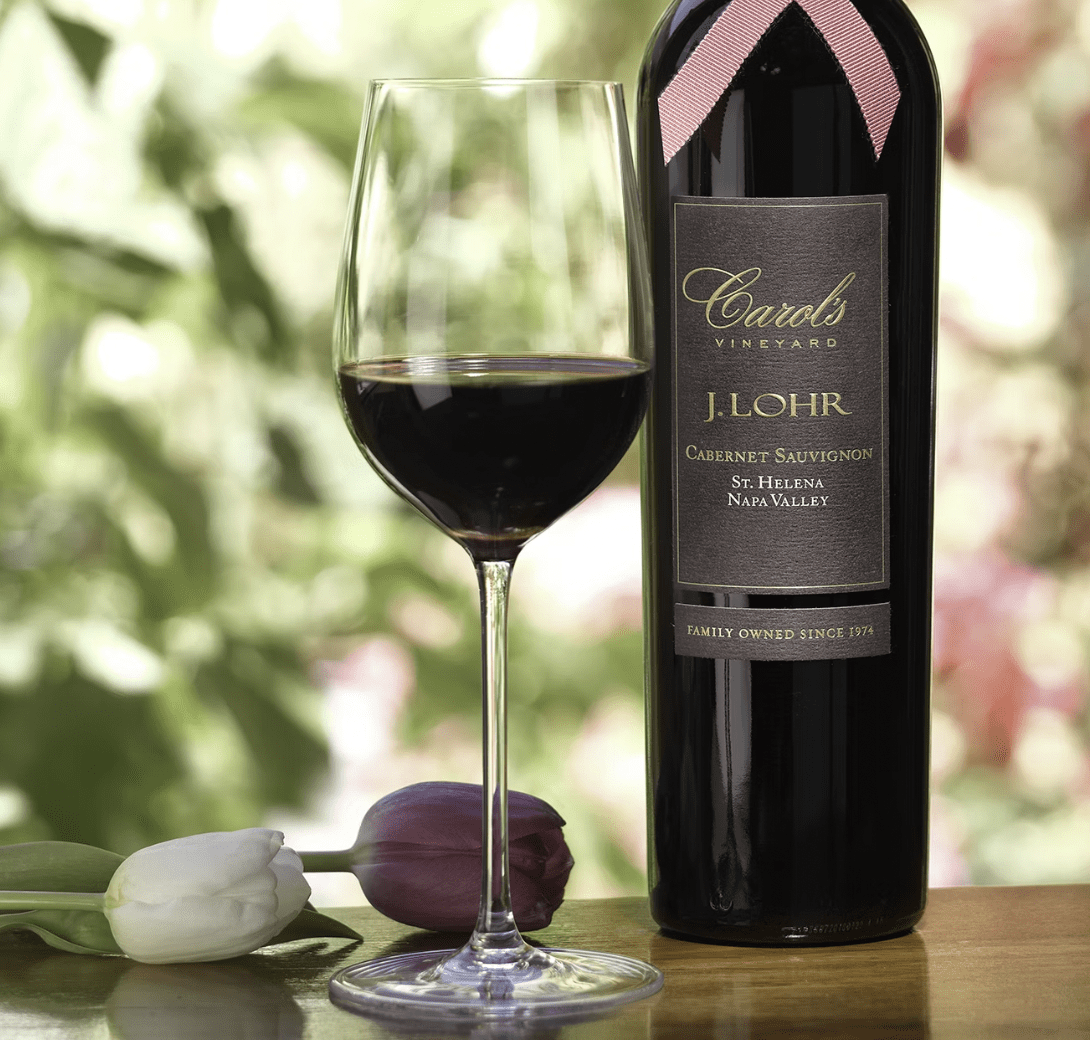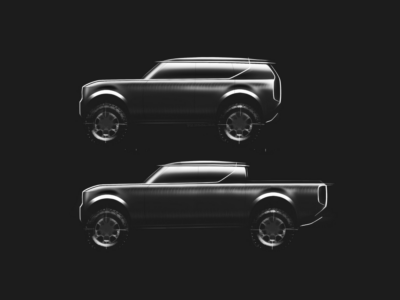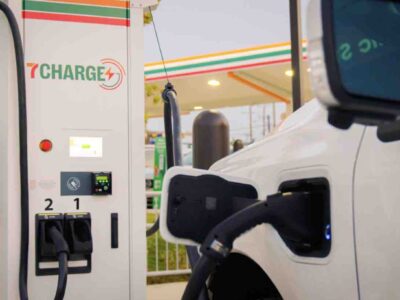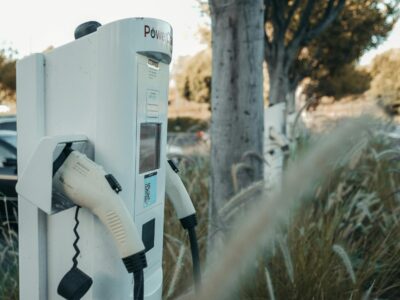Wine is always a popular beverage to bring to a holiday function or give as a birthday gift. There are so many brands and varieties that it’s difficult to narrow down the best. Some wineries are making the shopping experience more accessible by using social media and e-commerce sites. J. Lohr Vineyards & Wines in California is growing its digital presence while producing quality wines with minimal environmental impact.
J. Lohr began as a humble Napa vineyard in the 1970s during the California wine Revolution. Fast forward to 2022, it is transitioning into an ultra-modern winery focusing on Gen X consumers and environmental issues impacting California. Much of this is thanks to Rhonda Motil, J.Lohr’s vice president of marketing. She oversees a massive move to e-commerce and establishing the brand’s digital presence.
“From virtual tastings during the course of the pandemic, for both trade and consumers, to innovation in e-commerce, J. Lohr has embraced digital wholeheartedly,” Motil said. On top of this digital push, the company has incorporated an online wine catalog and redesigned packaging to appeal to a broader audience.
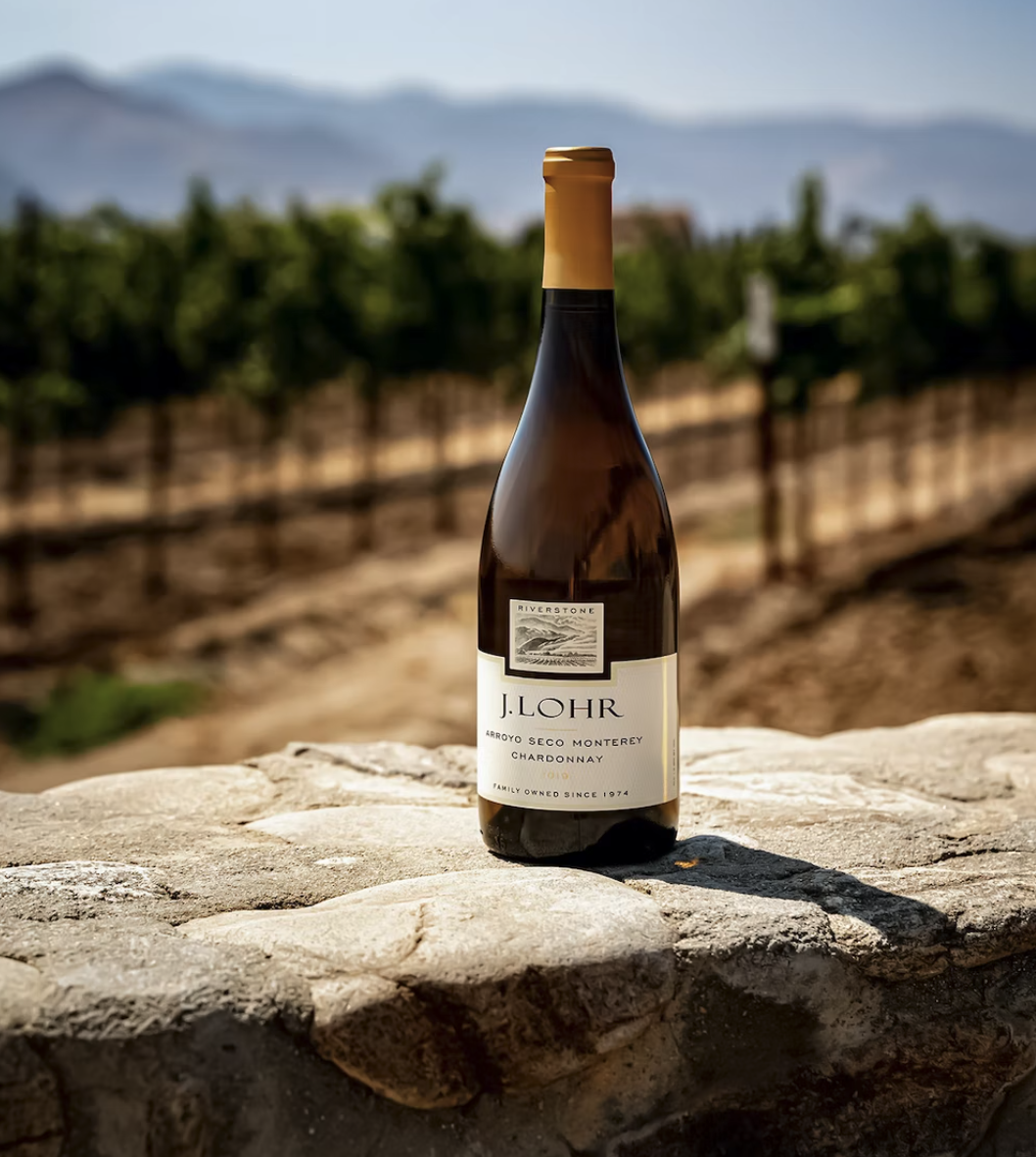
The other facet of J. Lohr’s evolution is the sustainability initiatives enacted by the winery. Many vineyards north of the company’s primary locations have been hit hard by drought and wildfire. Therefore, it implemented more climate monitoring to ensure grape plants are not overly vulnerable to fire, drought, disease, and flooding.
The business has used renewable energy for the past decade and a half, installing a three-acre solar tracking array at Paso Robles in 2008, the largest among North American wineries. The panels have reduced greenhouse gas emissions, equivalent to 97 million miles of car travel. A 920.7-kilowatt solar field was installed at J. Lohr’s Greenfield vineyard in Monterey County. It covers 100% of Greenfield’s energy needs, while the Paso Robles array covers around 84% of its electrical power.

The winery uses technology to track metrics like water and energy usage, greenhouse gas emissions, and nitrogen use for vineyards. By having a clearer understanding of its emissions footprint, J. Lohr can continue to innovate more sustainable winemaking practices.
Third-party environmental auditors come to review the level of sustainability across the J.Lohr network annually. The audits went well, as the company earned the 2020 Green Medal Leader Award for outstanding leadership in sustainable winemaking. This type of recognition is vital for how Motil wants to bring in new consumers.
“We believe that sharing details on our sustainability efforts and programs is important,” she said. “Research has shown that products that are sustainable carry added meaning for consumers in their purchasing decisions.”
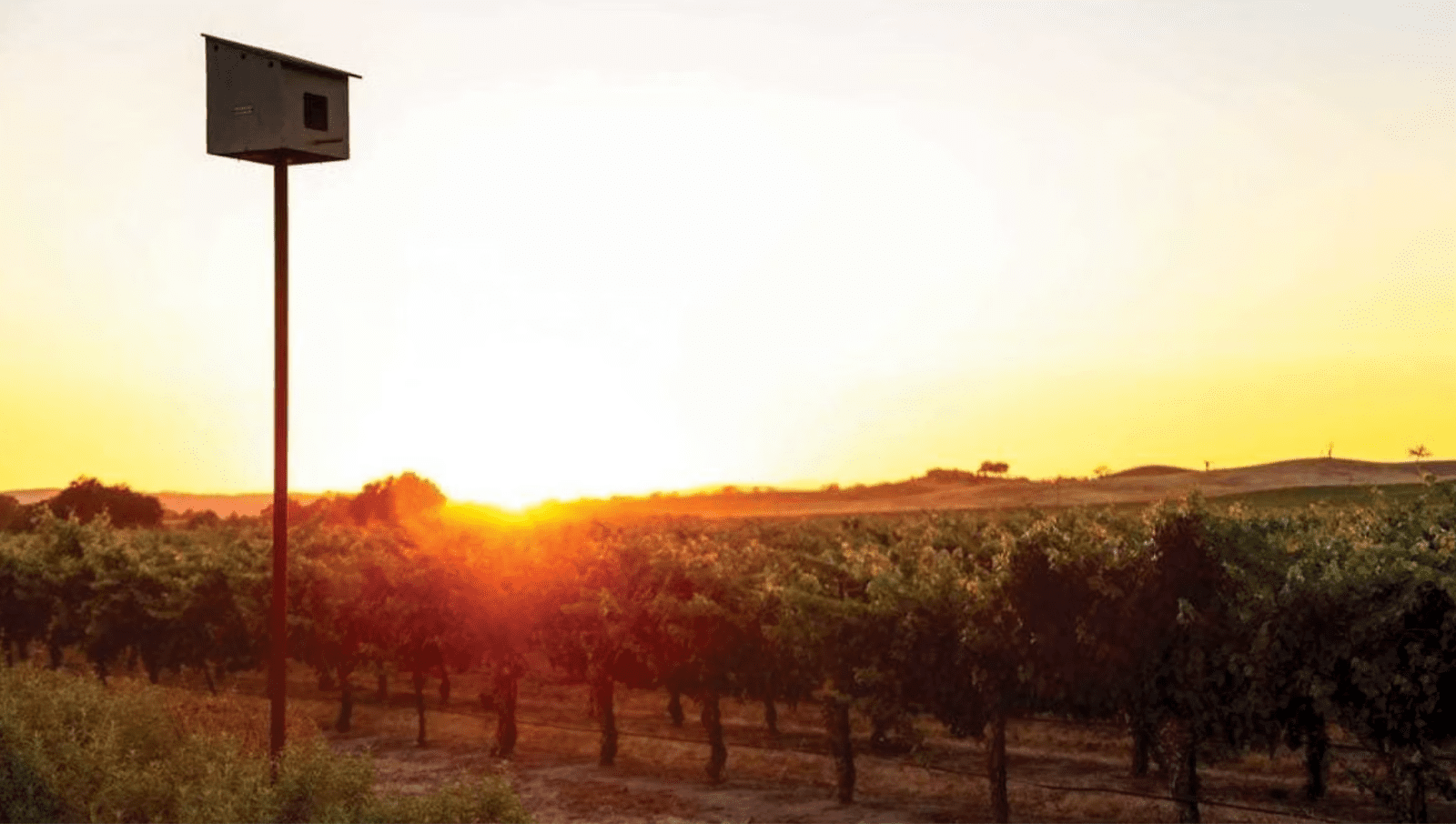
The agricultural side of J. Lohr has also undergone significant sustainable changes. Composted pomace from the wine barrels is used to promote plant vitality. Instead of burning vines, the winery prunes crops to help keep soil health at a maximum. Cover crops are also planted near grapevines, serving as carbon sequesters and assisting vines in growing better by limiting weed growth and enhancing soil health.
Rather than use pesticides, the vineyards installed owl boxes for natural pest management. Large oak trees act as wildlife habitats, and a pollinator garden has been planted to attract more bees.
These biodynamic and sustainable agricultural practices will help boost J. Lohr’s public standing, but without it seeming like greenwashing.
With the surge in e-commerce, the company has ensured its packaging materials are all recycled and sustainable. Things like corks, light bulbs, tires, wood pallets, and wood packaging are recycled, along with bottles, cans, and shrink wrap from logistical operations. While many wineries partake in these recycling efforts, being transparent about all eco-friendly initiatives builds trust amongst consumers.
“J.Lohr is a trusted brand. Coming up on 50 years of continuous family ownership is a major milestone in today’s wine and spirits environment,” Motil affirms. “While we never rest on our laurels, we recognize that consumers in the $20+ category want a brand that they can trust vintage after vintage.”

